Saying that native plants are better adapted to local soils and climate, the board of supervisors (BOS) unanimously passed a resolution at the August 14, 2019, meeting saying that "every reasonable effort" will be made to plant native species on township-owned property.
The measure also states that the township's Environmental Advisory Council (EAC) will do everything "to educate and empower" the public to help transition private properties to include native plants.
Voting for the resolution were: Chairman Phil Calabro, along with Supervisors John Mack, Kyle Davis, Linda Bobrin and Dennis Fisher.
… importantly, the resolution notes, local plant species protect water quality by reducing runoff and soil erosion.
That's important to the township because of newly-mandated federal and state regulations requiring that municipalities greatly decrease stormwater runoffs into local waterways. [For more on that, read, “Newtown Township Revises Pollution Reduction Plan After Hearing Resident Comments”]
Meanwhile, Newtown Township has a list of native species to help property owners with future plantings, something that the EAC is ready to advise residents in order to bring the township closer to its goal.
However, EAC member George Skladany cautioned the supervisors that this list should be updated over time.
"Because of climate change some native plants that were acceptable years ago might be on the decline now," he contended.
Planning commission chairman Allen Fidler, who labels himself an amateur horticulturist, agreed with Skladany's assessment.
"The list of natural species that may be viable for the next 20 years, might be different than today," maintained Fidler, who called on the Bucks County Planning Commission to also update its native plant list.
He also pointed out that invasive plant-eating insects, such as the spotted lanternfly, might affect what species to plant in the future.



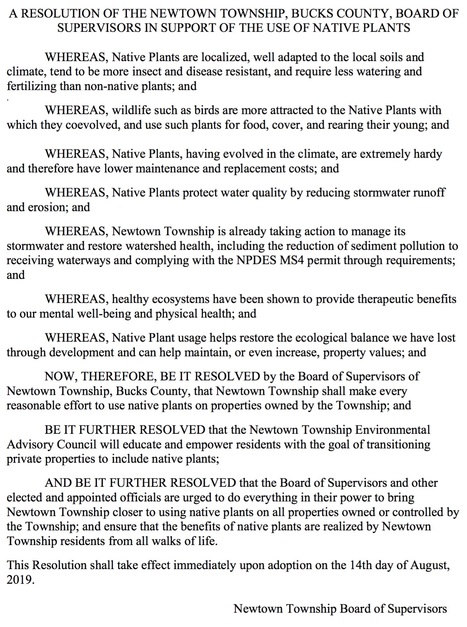


 Your new post is loading...
Your new post is loading...


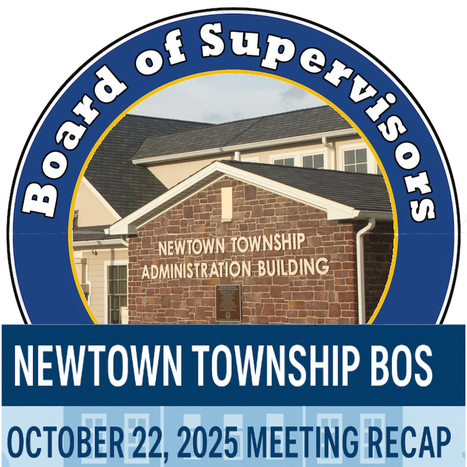

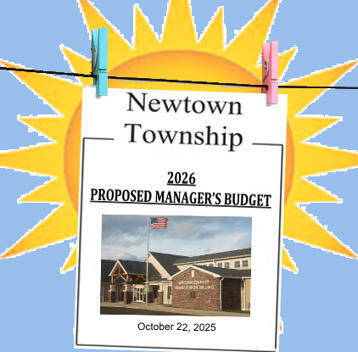
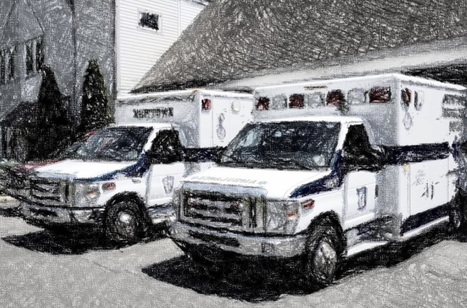


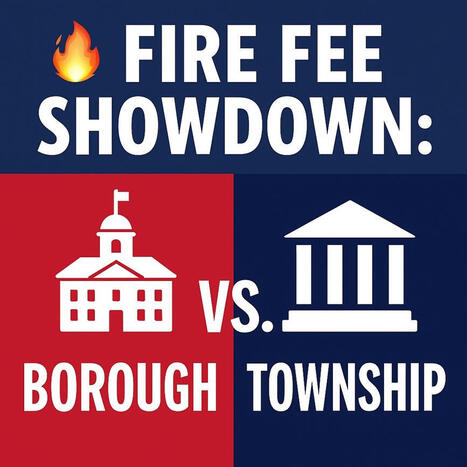

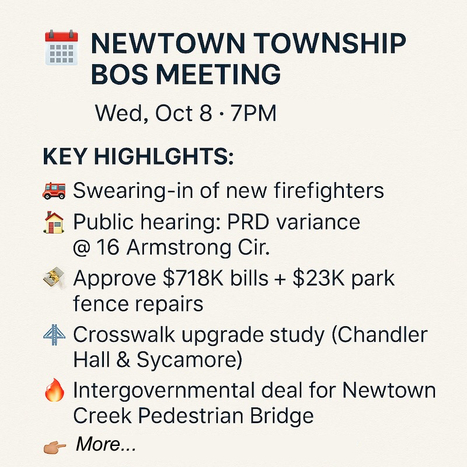
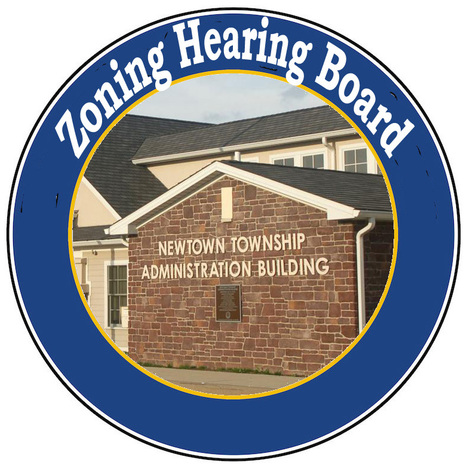






At the meeting, I suggested that the resolution include an acceptable definition of what is considered a “native plant”. Specifically, I suggested referring to the Department of Conservation and Natural Resources (DCNR), which defines a native plant as one that occurred within Pennsylvania before European settlement. The DCNR maintains a list of native trees, shrubs, perennials, ferns, and grasses. It was decided that the ambiguity should remain in the Resolution until the Township revises the Subdivision and Land Development Ordinance (SALDO).
Related Content: